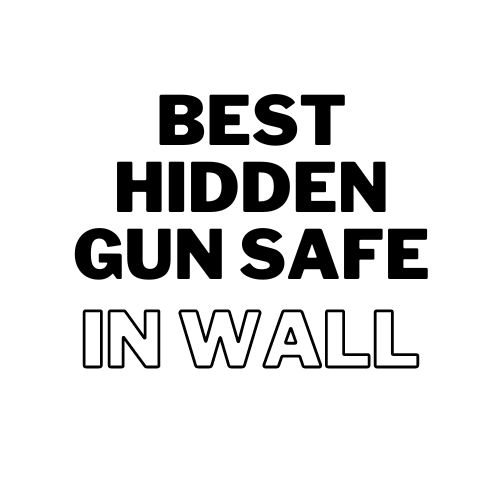Gun safes are an essential component of responsible firearm ownership.
They serve the critical purpose of safeguarding firearms from unauthorized access, theft, and accidents.
When considering the purchase of a gun safe, it’s essential to evaluate their security features and understand how secure are gun safes in protecting your firearms.
In this article, we will delve into the various aspects of gun-safe security, helping you make an informed decision about the safety of your firearms.
How Secure Are Gun Safes?
The security of gun safes varies based on factors like locking mechanisms, steel thickness, fire-resistant ratings, anchoring options, and security certifications.
Evaluating these elements is crucial to understanding how secure a gun safe is before making a choice.
It ensures responsible firearm ownership by safeguarding firearms from unauthorized access and theft while protecting them in case of a fire.
Now let us explore all these points in detail to make this point very clear in our mind on- How secure are gun safes?
Locking Mechanisms
One of the primary security features of a gun safe is its locking mechanism. There are several types of locking mechanisms commonly used in gun safes:
a. Mechanical Locks: These are traditional combination locks that require the user to input a specific sequence of numbers or characters to unlock the safe. Mechanical locks are known for their durability and resistance to tampering, but they may take longer to open in an emergency.
b. Electronic Locks: Electronic locks use a keypad or biometric fingerprint scanner to provide quick access to the safe. While they offer convenience, they can be vulnerable to power outages or hacking attempts.
c. Biometric Locks: Biometric locks use fingerprint recognition technology to grant access. They are convenient and secure, as they rely on unique biological traits for authentication.
d. Keyed Locks: Keyed locks are simple and reliable but may be prone to unauthorized access if the key falls into the wrong hands.
The security of a gun safe’s locking mechanism depends on factors like the quality of the lock and the complexity of the combination or access method. It’s essential to choose a lock that suits your needs and preferences.
Fire Resistance
Gun safes not only protect firearms from theft but also from fire damage. Fire resistance is measured in terms of the safe’s ability to withstand high temperatures for a specified duration.
Fire-resistant gun safes are typically rated by the Underwriters Laboratories (UL) or other independent testing organizations.
The rating indicates the safe’s ability to maintain a specific internal temperature during a fire.
The level of fire protection you need depends on your location and personal circumstances.
For instance, if you live in an area prone to wildfires, a high-rated fire-resistant gun safe is crucial to protect your firearms from heat and smoke damage.
Bolting and Anchoring
Another aspect of gun safe security is how it is anchored or bolted to the floor or wall. Proper anchoring prevents burglars from carrying the safe away and adds an extra layer of security.
Many gun safes come with pre-drilled holes for bolting to the floor, and it’s advisable to use anchor bolts to secure the safe in place.
Security Ratings
There are various security ratings and certifications that can help you assess the security of a gun safe:
a. RSC (Residential Security Container): This is a common rating for gun safes, indicating that the safe has been tested for a minimum level of resistance against common break-in methods.
b. TL Rating (Tool-Resistant Rating): This rating is often used for higher-end safes and represents the safe’s resistance to various tools, such as drills, grinders, and torches.
c. TRTL Rating (Torch and Tool-Resistant Rating): Safes with this rating offer an even higher level of security, including resistance to torch attacks.
d. UL Fire Rating: As mentioned earlier, this rating indicates the safe’s ability to withstand a fire for a specified period without damaging its contents.
e. California Department of Justice (DOJ) Approval: If you reside in California, you should look for gun safes that are approved by the DOJ, which means they meet specific security and safety standards.
Conclusion-
Gun safes are a crucial investment for firearm owners, serving as the first line of defence against unauthorized access, theft, and fire damage.
How secure are gun safes relies on factors such as its locking mechanism, steel thickness, fire resistance, anchoring, and security ratings.
When choosing a gun safe, it’s essential to assess your needs, budget, and the specific security features that matter most to you in order to make an informed decision to protect your firearms effectively.

